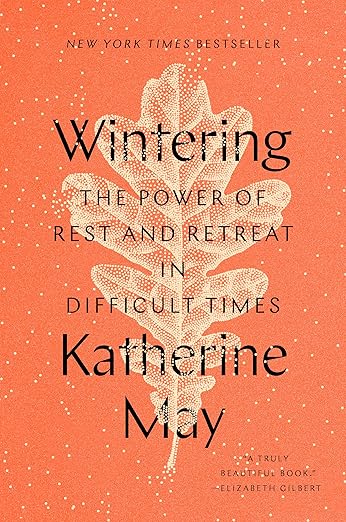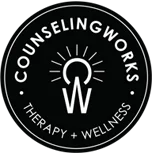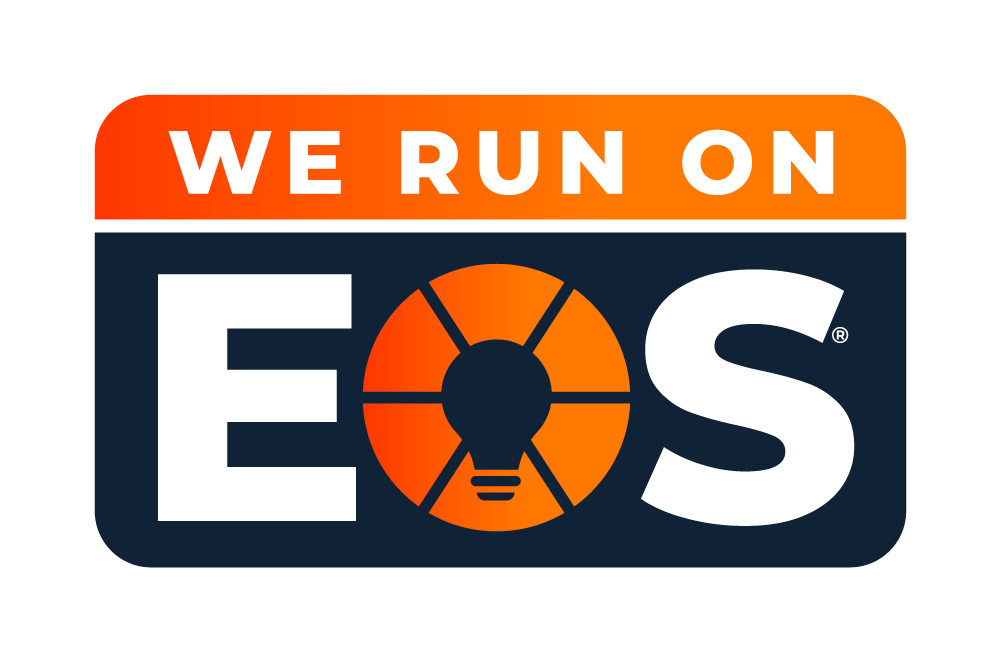Written By: Amanda Grzeslo, MA, CADC
Mental health is a journey that is just as unique as the person walking it. Recovery is much the same.
When thinking about what to write for this blog, I was simultaneously flooded with ideas and paralyzed by them. There are so many directions to go because there are so many different ways that people engage with this subject.
I worked in residential substance use treatment for 3 years and the only thing you could really be certain of was that substance use affects everyone. I worked with clients of all ages, races, walks of life, and occupations. How could I sum up something so complex in such a small space and wrap it up with a neat little bow?
Addiction is a condition in which your life revolves around a substance. Your brain chemically revolves, your mind cognitively revolves, and your day chronologically revolves around getting and using and cleaning up after the substance. In contrast, recovery is realizing: it does not always have to be that way. It can be hard because the brain doesn’t like change and minds don’t always like to let go, but change is possible.
Recovery is an active process, a reclamation of life and purpose. As with most changes, recovery is a choice. It takes work and consistent, conscious effort. It is examining patterns of behavior and systems in which you engage and make different choices whereas before you would lean on reflex or instinct. It’s small acts over time that sometimes can only be appreciated fully when looking back. Just as addiction generally doesn’t happen overnight, the process of recovery requires small steps. Still, these conscious decisions over time reorient the trajectory and momentum of life. It’s choosing to be present and involved in your life.
Recovery is a recognition of strength and agency, and this could be terrifying! We instinctively fear the unknown and it’s hard to let go of something that gives some relief in a very chaotic world. Being a whole person can be draining, scary, and chaotic. Sometimes it is easier just to unplug and pull away. But recovery is recognizing that, despite the discomfort that some situations might evoke, there is so much more to the world and to yourself.
Recovery is a realization that when you pushed away discomfort, you also pushed away joy as well. At some point, you realize the substance that was numbing pain, fear, and anger also made it hard to experience the good in life. Addiction can make you feel disconnected from the people you love, the things you enjoy, and even yourself. Recovery is reconnecting with all of this, rediscovering and reshaping who you are.
Recovery is brave. It’s a very small word to have so much nuance and be packed with so much meaning.
If you or someone you love is working through recovery, you don’t have to do it alone. National resources like SAMHSA Recovery Support are a helpful starting point, and our team at Counseling Works is here to offer individualized support as you take each step. Reach out to us anytime. We’d be glad to walk with you on your journey.
References:
https://www.samhsa.gov/about/digital-toolkits/recovery-month/toolkit
https://www.cdc.gov/overdose-prevention/php/toolkits/national-recovery-month.html
https://www.rosecrance.org/news/be-proud-during-recovery-month/






